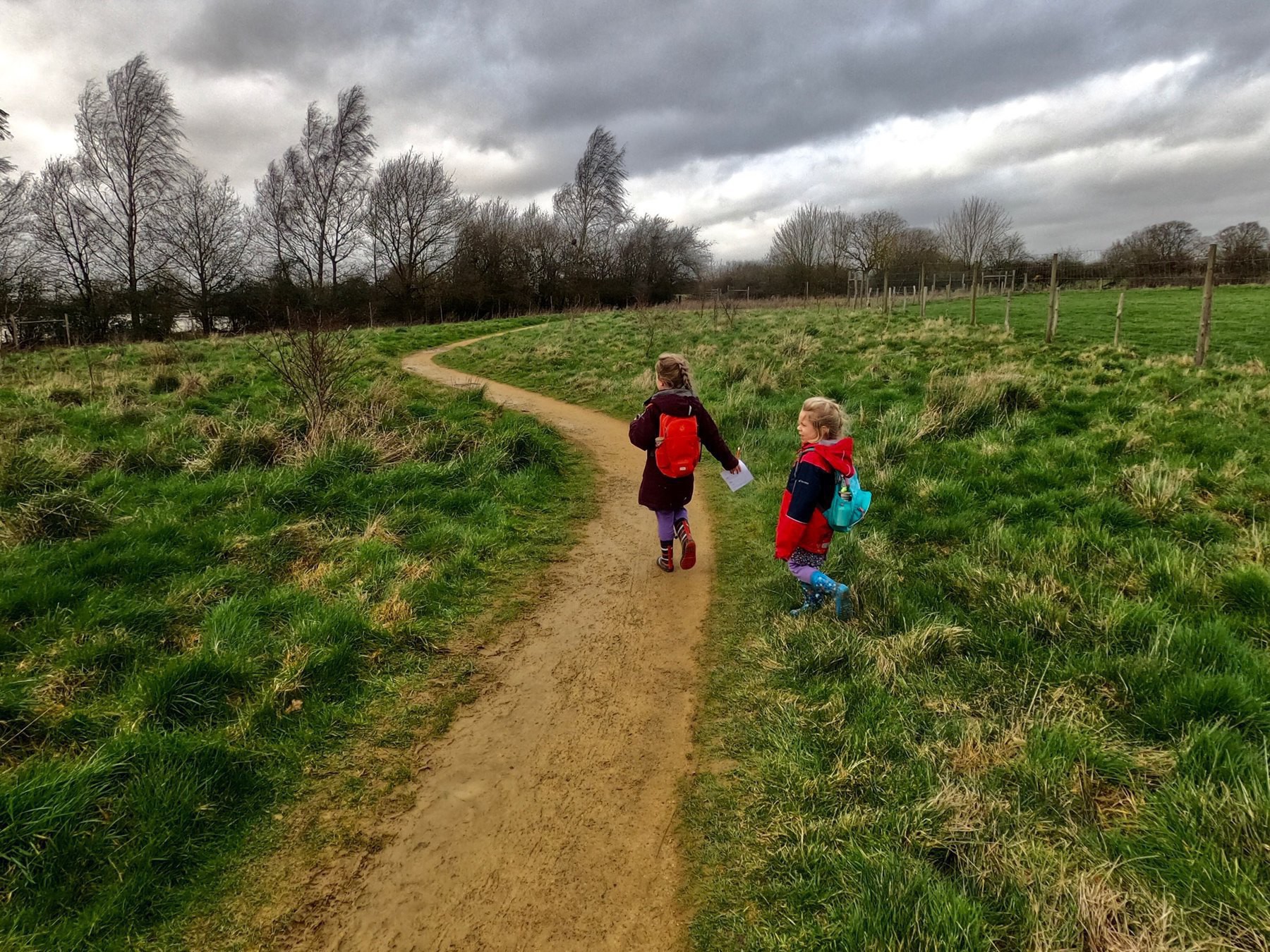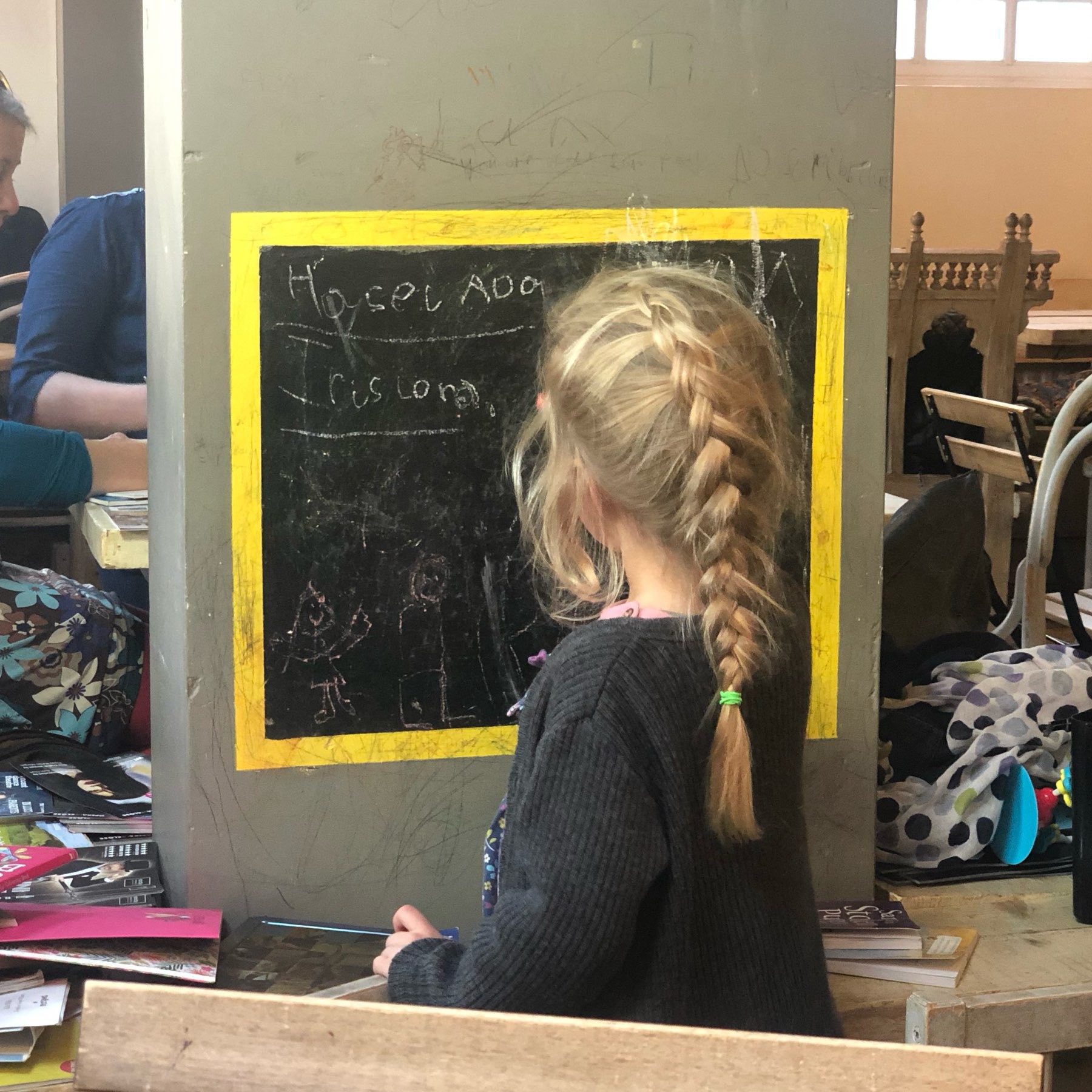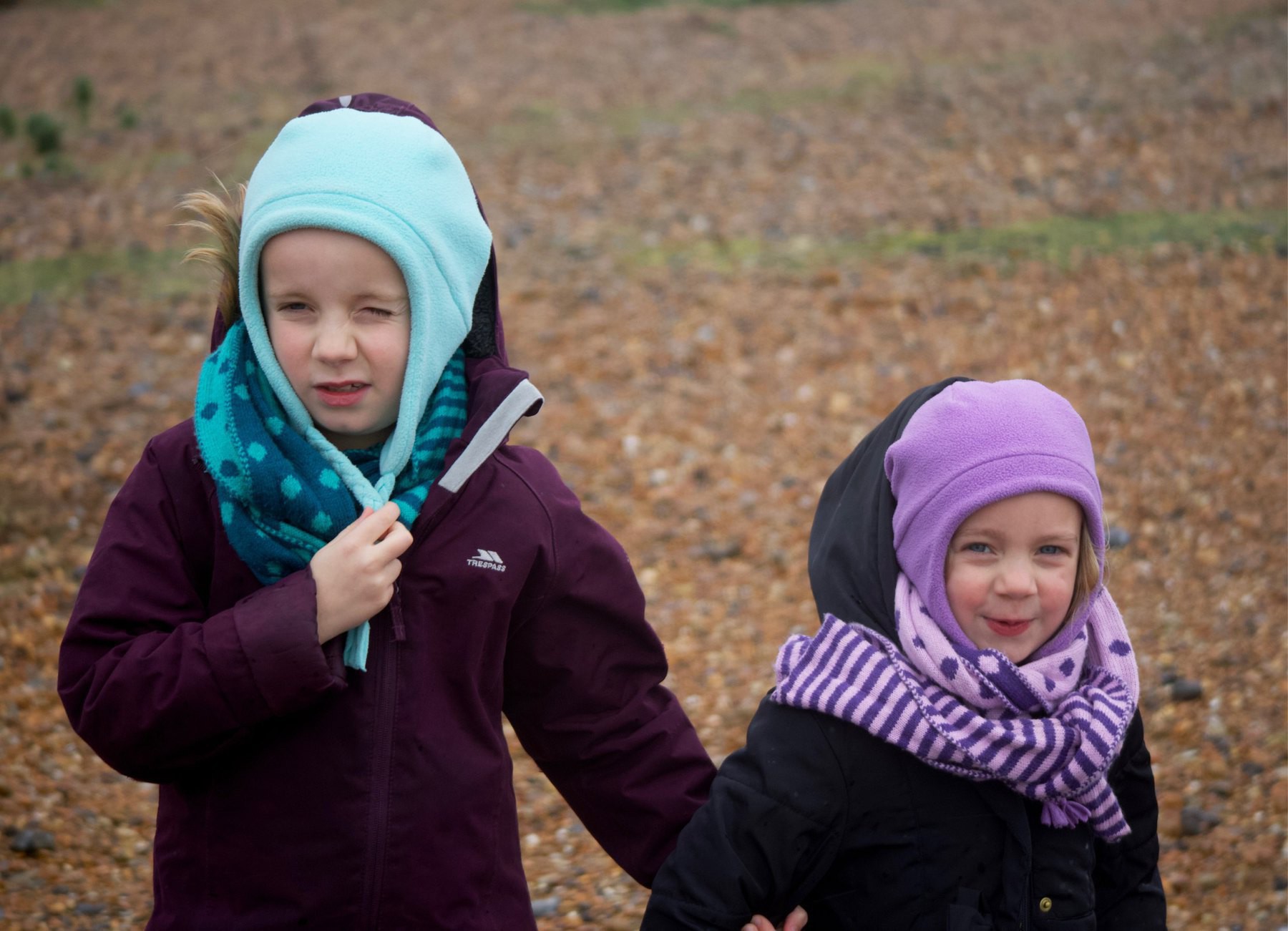Trees and the climate crisis
I do worry, however, that a destructively naive view of nature and a rush to get trees in the ground will sweep all before it. We risk repeating the errors of the past and once again cause great ecological damage. Simple solutions to complex problems are always wrong.
Tree-planting has a role to play in combating the climate crisis - but it’s not everything, it appears. That brings us back to rewilding.
I was doing some site analysis for a client, when it occurred to me that I’d never registered my micro.blog account for search console, or anything like that. So I did. And then I ran it through Page Speed Insights.
Well played, @manton. Well played indeed.

The government just made us look untrustworthy on the world stage
The Law and Policy Blog, David Allen Green: The moral hazard of the United Kingdom casually breaching the Political Declaration:
In effect: the Unite Kingdom is sending a signal of “don’t trust us, insist on strict legal obligations”. And this signal is not just being sent to European Union – the signal is now being broadcast to every nation in world, to all the countries where, post-Brexit, United Kingdom may want to have “trade agreements”. The United Kingdom may think it is saying to EU “screw you” but in fact it is telling the world “screw us”.
If this is political posturing in search of a better deal, I think they may have failed to think through the consequences.
Interesting piece from The Atlantic suggesting that the coronavirus is likely to join the cold and the flu as a persistent part of our lives.
This is an absolutely fantastic essay on how fragile the cultural works created on the web have become, through the lens of the late Clive James’s website: Internet Amnesia.
How much more vulnerable is all that creativity locked away in the big social platforms?
Nic Tinworth, Hong Kong trail community legend, dies aged 44.
This is sad news. Nic and I were probably distantly related, as there aren’t an awful lot of Tinworths in the world. He was one of the first other Tinworths I encountered on social media, and we end up chatting occasionally as a result.
Best wishes to his family at a difficult time:
“I’ve been thinking a lot about legacy,” he said when I last saw him in January. “What is legacy? My legacy is the amount I’ve raised for charity. Through RaceBase, we’ve raised HK$1.5 million. No matter when I’m gone, I’ve still raised that amount. When my daughter grows up, she’ll know her dad raised $1.5 million for charity.”
Well, this is troubling. ¼ of all climate crisis tweets appear to be generated by bots - and 95% of them take a denialism position.
This, of course, gives real denialists an outsize sense of their own support - and makes conversion of people to the “cause” more likely.
This post by Euan Semple, which is an expression of moral relativism (or adjacet to it, at least), feels both elementally true to me - but also a dangerous way to think about one of the things he mentions: Facebook.
It feels, at some level, that it lets the people in charge off the hook.
Thoughts?
Brexit consequences: Google moving UK data to the US - where data protections are weaker.
Polarisation wears an unexpected face in today’s Engaged Reading Digest.
Kinda struggling to believe that Facebook can’t afford enough developers to do an iPad app.
This is a fascinating, and troubling, German investigation into the way corporations are funnelling funds into climate change deniers: The Heartland Lobby
Their latest approach? A young influencer, that they are positioning as the anti-Greta.
A new town, alone and on foot
Martin Belam, on the joys of travelling to see his team play an away game:
I also think there’s something useful socially about travelling around the country more. To get out of your normal locale. To see people and places you don’t normally see. To experience a miserable afternoon in Aldershot and feel the way it has been neglected, or the way Northampton’s town centre has been hollowed out in favour of an out of town retail park you couldn’t possibly entertain going to without a car, to see that Cheltenham looks lovely and there’s more to it than horses. To mind boggle about the drugs that council town planners must have been on at some points in the seventies.
20 years ago I had a wonderful job. I got to spend one or two days a week travelling to a different part of the country, and profile the property markets there. Like Martin, I always took the time to enjoy a little of the town itself, to explore the residential areas, and the town centre. It was even more interesting when I could stay overnight.
I regret that it was in the pre-digital camera, pre-blogging (for me, at least) era, because I have very little record of those experiences. Martin’s post made me achingly nostalgic for those trips - and makes me wonder if I can’t find a way of bringing them back into my life.
Podcasting the great outdoors - one of the ways I try to disconnect from work over the weekend.
I’m pleased with this one, winding up our VUCA series for NEXT Conference:


